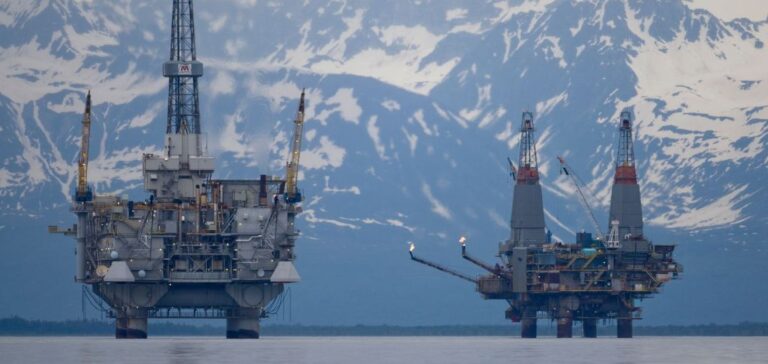The Biden administration recently announced that it is seeking input on the possibility of adding new oil and gas drilling protection zones in Alaska’s National Petroleum Reserve (NPR-A). The Department of the Interior’s Bureau of Land Management (BLM) has indicated that this initiative aims to update protected areas in the Western Arctic, considering the creation of new protected areas and the modification of existing boundaries. What’s more, in the midst of the presidential campaign, the subject is often raised by Donald Trump, who promises to pursue a completely different energy policy if he returns to the White House.
Environmental Context and Challenges
With rapid climate change, NPR-A special areas are becoming increasingly critical for caribou movement, herd health, other wildlife, migratory birds and native plants. BLM Director Tracy Stone-Manning stressed the importance of hearing from the public to ensure that the Western Arctic’s significant resources are managed appropriately and in the right places.
In April, new federal regulations were imposed for oil and gas leasing in the NPR-A, blocking development on 40% of the reserve to protect the wildlife habitat and way of life of the state’s indigenous communities. However, these regulations have not affected existing oil and gas operations.
Reactions and consequences
In early July, the State of Alaska filed a lawsuit against the new federal regulations. State authorities believe that these restrictions are detrimental to the region’s economic development. The NPR-A, covering 23 million acres (9.3 million hectares) in the North Slope region, is the largest tract of undisturbed public land in the United States. The debate on the balance between environmental protection and economic development is therefore at the heart of local and national concerns.
During the 60-day public consultation period, the views of all stakeholders, including local populations, energy companies and environmental groups, will be sought. This consultation aims to find a compromise between preserving the Arctic environment and exploiting natural resources.
Future prospects
As the world moves towards an energy transition, the Arctic remains an area of strategic interest for the United States. NPR-A decisions could have a major impact on national energy policy, local biodiversity and the livelihoods of indigenous communities.
Discussions around NPR-A are representative of the broader challenges facing global energy policies. The need to strike a balance between resource exploitation and environmental protection is a recurring theme that will continue to dominate public and political debate in the years to come.






















